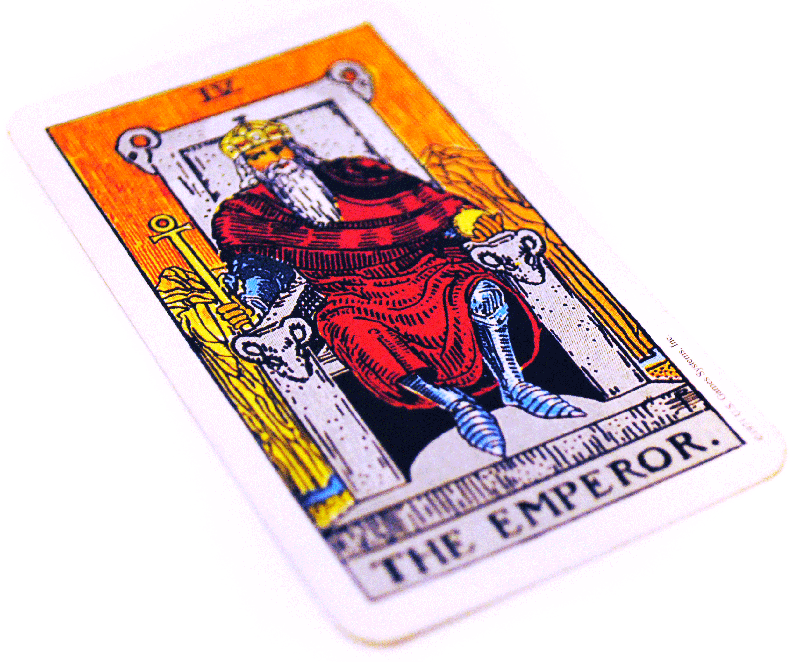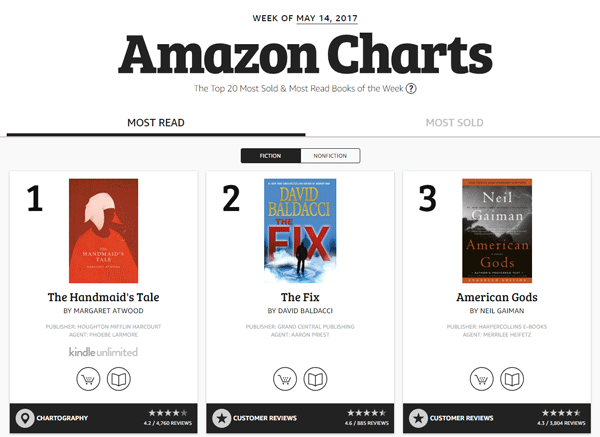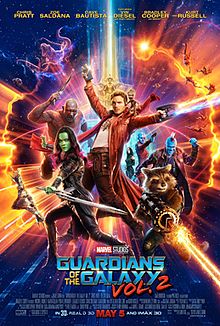“People of Earth, your attention please … As you will no doubt be aware, the plans for development of the outlying regions of the Galaxy require the building of a hyperspatial express route through your star system, and regrettably your planet is one of those scheduled for demolition … There’s no point acting all surprised about it. All the planning charts and demolition orders have been on display in your local planning department in Alpha Centauri for fifty of your Earth years … What do you mean you’ve never been to Alpha Centauri? … it’s only four light years away … if you can’t be bothered to take an interest in local affairs that’s your own lookout.”
Douglas Adams, The Hitchhikers Guide to the Galaxy.
Local politics in space opera
Writing local politics in a space opera is a bit like the scene from The Hitchhikers Guide to the Galaxy, where the Vogon in charge of the destruction of Earth tells humans that Alpha Centauri is only four light years away.
No matter that to humans that distance is an impenetrable barrier, for people from other worlds, it’s not. What happens on Earth is so insignificant as to mean nothing. The aliens go down as far as the local planning office, and that’s where they stop.
If you’ve read the Hitchhiker’s Guide, you’ll know that the story starts with a similar planning event, but on a smaller scale. Arthur Dent is protesting the loss of his own house to make way for an overpass. This event wouldn’t register to the Vogons. It’s a local event, too miniscule to matter.
There are close on 200 countries on Earth. Each of these has their own government. Oftentimes, these are broken down further into states, provinces, precincts and the like. But we also have an overarching body, the United Nations, who have representatives from most nations of the world.
If aliens arrived today and demanded to speak with a representative who could speak for all of Earth, who would we choose to represent us?
We have two choices. If the alien stayed orbiting Earth, we’d probably send in someone from the United Nations. If the alien landed in a specific country, then the rulers of that country might claim to speak for all humans. At a guess, they’d land in one of the most populous countries, so the rulers of China or India would be speaking for the human race.
It is highly unlikely the aliens would deal with more than one group.
So going back to writing politics in science fiction. When you’re dealing with multiple worlds, you don’t want to complicate the story with the small stuff. Even if a world, logically, has a number of governments, you tend to compress it together into one ruling body.
Which is why, in Linesman, Yaolin is ruled by a single council and Lancia is ruled by a single emperor.
Yes, but there are such things as democracies. Shouldn’t Lancia be a democracy?
The current ruling body of Earth (or what would be perceived as our ruling body by people on other worlds), the United Nations, is strongly pro-democracy. To many people—myself included—a well-run democracy is probably the best outcome for the political running of any country.
Even so, it’s not necessarily the logical endpoint for a governing body.
You have to work at democracies. If you don’t, they decay. Little by little the process gets distorted as people in the government attempt to retain power or benefits for themselves. The people in charge subdue any oppression. They bring in laws that prevent people from dissenting. They create states of emergency that allow them to subdue information and dissent. They stop having elections. Then finally, the leader of this no-longer democracy appoints a successor. His son, or his daughter. Or some other close relative.
Alternatively, you might have a coup. The army comes in. A general takes over, stays in charge. And finally, appoints a successor. Guess who.
What about a people’s revolution? We’ve seen a few of those in the past hundred years. The revolutionaries put the lead revolutionary in charge. What happens then? Who does he elect as his successor?
Sound familiar? Of course it does. It happens over and over again. We’ve seen it happen ourselves. We’re seeing it all over the world now.
People, once handed power like that, tend to pass that power on to their own family unless there are restrictions in place to prevent it. Like democracy.
What’s the definition of power handed over from parent to child?
A monarchy.
That’s why Lancia is a monarchy.
Of course, the funny thing about monarchies is they tend to morph into democracies over time.



